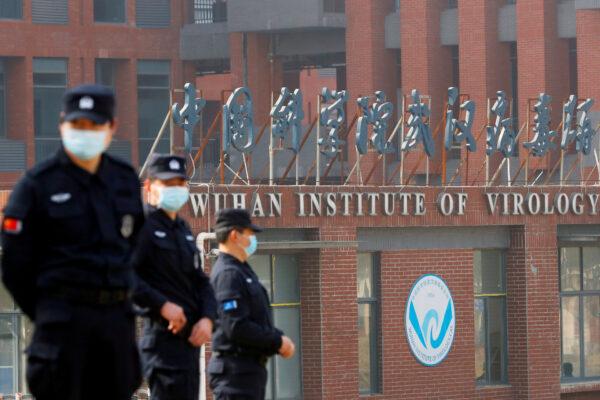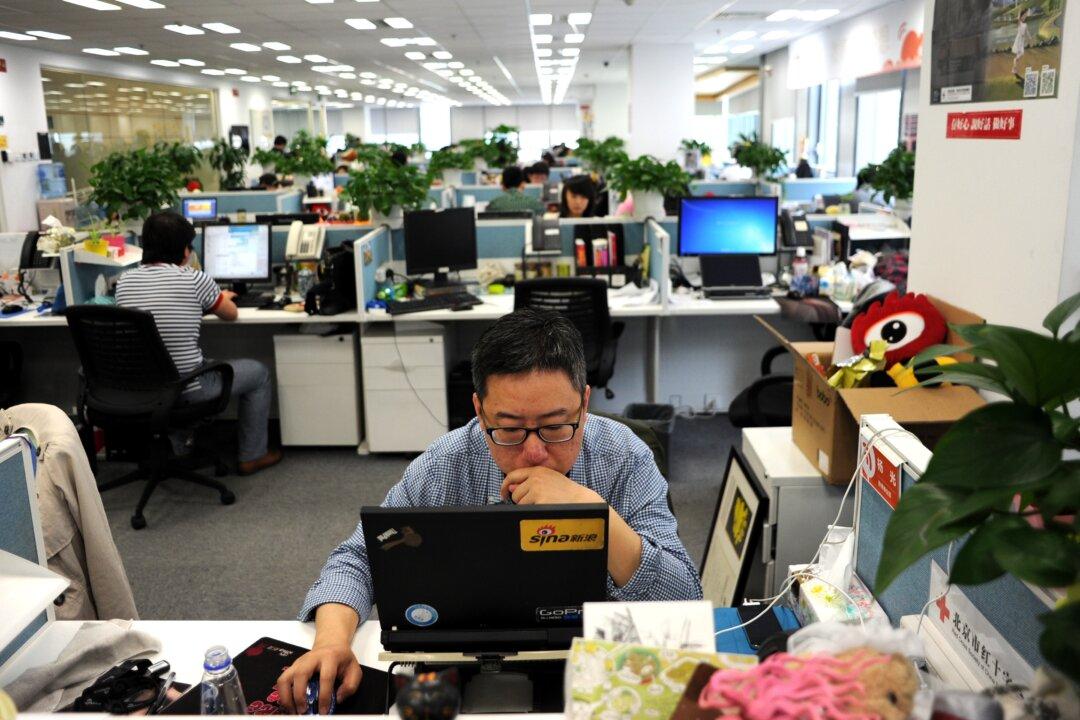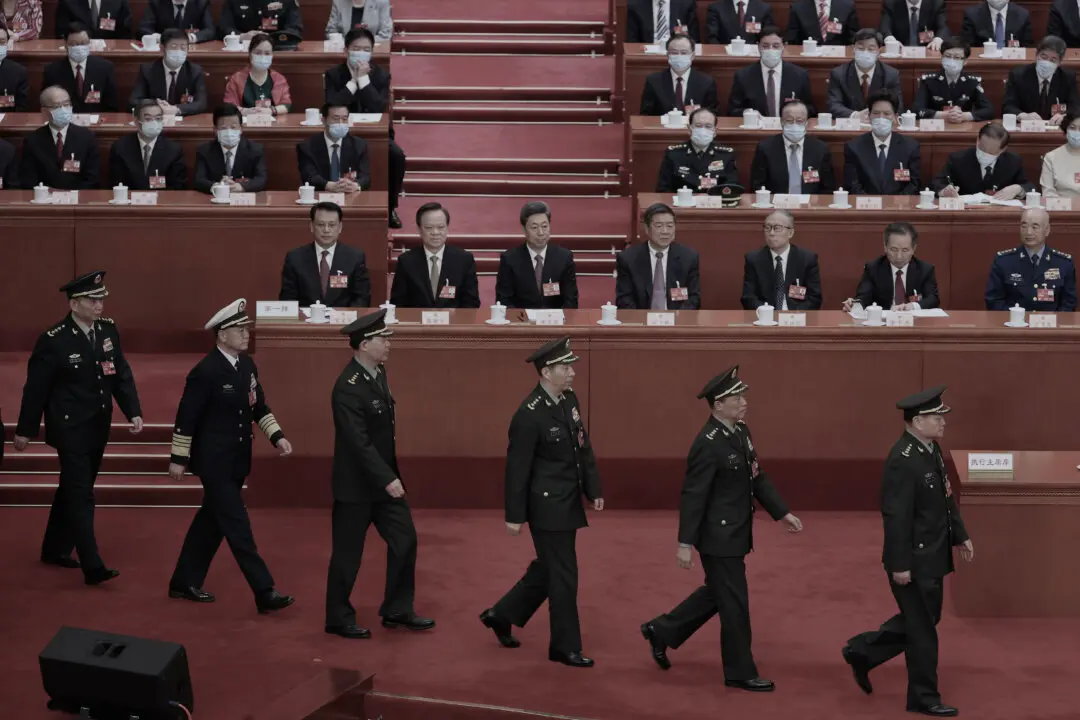Freedom House’s evaluation includes three indicators: obstacles to access, limits on content, and violations of user rights.
The report called out the Chinese regime’s ongoing digital authoritarianism, and named a few high profile cases in the past year; new legislation that criminalizes expression insulting members of the regime’s military “heroes” and “martyrs”; imposing draconian prison terms for online dissent, including for an 18-year-old; the sentencing of real-estate mogul Ren Zhiqiang, who criticized the ruling Chinese Communist Party (CCP)’s leader Xi Jinping.
The report also mentioned the regime’s censorship of netizens’ discussion of the COVID-19 whistleblower Dr. Li Wenliang since his death in February 2020.

In addition, the report pointed out that ordinary internet users in China continue to face legal consequences in daily activities such as sharing news, talking about religion, or communicating with relatives and friends overseas. The regime’s internet regulators have imposed new rules to restrict the posting of current affairs information on social media, leading to the cancellation of many accounts.
The scandals of violating internet users’ personal data and privacy appeared frequently in China, as noted by the report. The Chinese regime put out regulations on tech companies to limit the use of internet users’ information.
One of the authors of the report, Allie Funk, a senior research analyst for technology and democracy affairs at Freedom House, said in an online press conference on Monday that the Chinese authorities had this year introduced a comprehensive law on data privacy that restricts how companies use personal data, but she said the law lacks any safeguards to prevent data privacy abuse by the regime itself.
The report also pointed out that China is the world’s largest surveillance state. “Under its Cybersecurity Law, implemented in 2017, companies must store users’ data on local servers and decrypt the data on request from the authorities,” said the report.

In a contrast, Taiwan is included in the evaluation by Freedom House for the first time, ranking 5th out of 70 countries, and topping the rankings in the Asia-Pacific region.
Funk explained the reason for Taiwan’s high ranking is that the Taiwanese government does not censor the content on the Internet or block any website.




